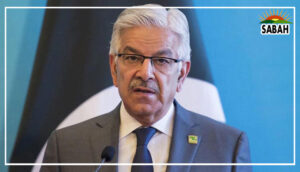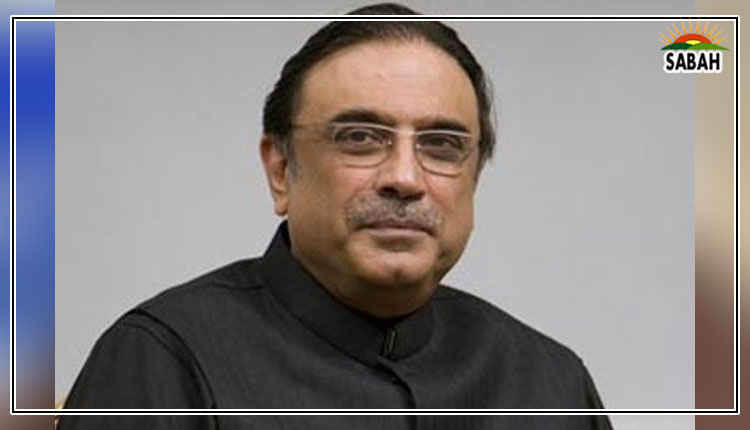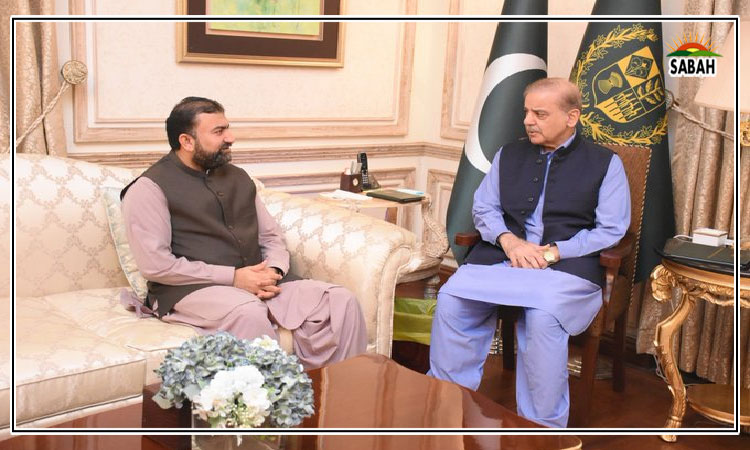Invest in women…Raza Hussain Qazi
On March 8, the world observed International Womens Day (IWD), which honours the social, economic, cultural, and political accomplishments of women. The day also serves as an annual opportunity to recognize the advancements made in promoting gender equality and to contemplate the continued challenges faced in the global fight for womens rights.
Every year, this day serves as a reminder of the significance of collective action in fostering a more inclusive and equitable society. This includes initiatives such as advancing equal opportunities in education and employment and combating gender-based violence and discrimination.
The official theme for IWD-2024 was Count Her In: Invest in Women, Accelerate Progress, which was harmonized with the United Nations 68th session of the Commission on the Status of Women (CSW 68): Accelerating the achievement of gender equality and the empowerment of all women and girls. It is important to note that the Commission on the Status of Women is the primary global body steering progress in gender equality and womens empowerment.
The 68th session of CSW is scheduled to take place this year from March 12-22 at the UN headquarters in New York. The primary objective of this event is to again examine pathways to greater economic inclusion for women and girls by addressing poverty and strengthening institutions and financing with a gender perspective. The theme acknowledges that, despite progress, women face significant obstacles to achieving equal participation in the economy and calls for ensuring equal opportunities for women and girls to build their skills, capabilities, and leadership potential to learn, earn, and lead.
At the heart of the world gathering is a focus on addressing the persistent challenges and emerging trends affecting women and girls globally. The moment is to provide a platform for participants to engage in dialogue, exchange ideas, and mobilize resources to accelerate progress towards the fulfilment of the Beijing Declaration and Platform for Action 1995, as well as the Sustainable Development Goals (SDGs) 2015.
Besides a number of relevant deliberations, the central themes for the upcoming discussions will encompass the disproportionate socio-economic repercussions of the Covid-19 pandemic, extreme weather events due to climate change, and economic downturn. These issues include heightened instances of gender-based violence, livelihood loss, and restricted availability of crucial services.
While debates on womens empowerment have long been a standing agenda of development debates at international fora, countries have been able to implement just a fraction of what was discussed, strategized, or committed by nations. The realization of womens political participation, the elimination of barriers to womens complete and equal participation in decision-making processes, the guarantee of universal access to sexual and reproductive health services, the closure of gender disparities in education and employment, and the advancement of womens roles as catalysts for change in climate action remain a far cry for women across the world.
In Pakistan, women constitute only 20 per cent of the labour force, significantly trailing behind the global average of 38.8 per cent. The country is positioned at 142nd place in the Global Gender Gap Index 2023, exhibiting a 34 per cent gender pay gap and disparities in voting rights. In this challenging scenario, guaranteeing the rights of women and girls in all spheres of life is imperative to establish thriving and equitable economies.
Despite all odds, at present, the recognition of the importance of womens empowerment and the measures to progress are quite apparent across various levels of the political spectrum in Pakistan. This can be gauged by analyzing the manifestos of prominent political parties.
In its manifesto, the ruling party, the PML-N shares numerous initiatives focused on womens empowerment, demonstrating a dedication to rectifying gender disparities and advocating for womens rights. The party has also set a goal to enhance the accessibility of quality education for girls through the construction of additional schools and the provision of scholarships and various forms of financial assistance. The manifesto also commits to improving vocational training opportunities for women to provide them with the necessary skills for workforce participation.
Besides this, there is a commitment to enhance the national budget for women-focused initiatives from Rs5 billion to Rs10 billion. It ensures the strict enforcement of anti-dowry laws and promotes the protection of home-based women entrepreneurs. The proposal extends its scope by committing to enact legislation that authorizes the state to act as a petitioner on behalf of survivors or victims of gender-based violence (GBV) in cases where legal guardians are unwilling to pursue litigation.
Like the PML-N, the PPP which is the second-largest party in the coalition government has also defined certain targets for womens empowerment. It has committed to promote gender equity by addressing disparities in education and empowering girls and women through educational initiatives. The document advocates for the provision of nutritional assistance to pregnant and lactating women, along with their children, at primary healthcare centres.
The PPP also aims to introduce amendments that address issues such as harassment, domestic and sexual violence, and forced conversions, and implement effective policies to protect womens rights. The PPP places womens empowerment at the forefront of the national discourse, emphasizing both the economic and political empowerment of women.
The PTIs manifesto also highlights the importance of equality, education, and economic opportunities. It pledges to strictly implement laws that safeguard womens rights, foster womens entrepreneurship and guarantee equitable opportunities for education and health.
Having articulated ambitious commitments that offer a promising outlook for the underprivileged and vulnerable sectors of the population, it is incumbent upon all major political parties, regardless of their position in the government or as opposition, to deliver on these pledges. In parliamentary democracies, the opposition plays a vital role in holding the treasury accountable and ensuring the implementation of its reform agenda.
The agenda for advancing womens empowerment reform is a collective obligation that involves all stakeholders participating in democratic discourse.
However, it is more on the government to devise a robust roadmap that integrates gender equality and womens empowerment into overall development and planning discourse with climate change considerations being duly addressed.
The celebration of International Womens Day calls for a collective commitment to advance gender equality and empower women, as these are crucial prerequisites for attaining sustainable development and fostering a more just and inclusive global society.
There is an immediate requirement for collaborative efforts, political determination, and sustained investment in women and girls to achieve the goal of a future characterized by gender equality for all.
Courtesy The News












